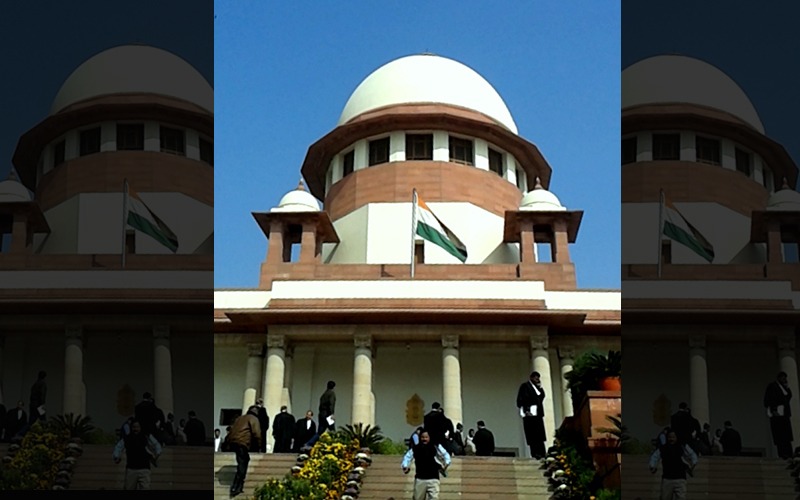SC warns influencers, celebrities of action if found liable for endorsing misleading ads

New Delhi/IBNS: The Supreme Court Tuesday warned social media influencers and celebrities to exercise caution when dealing with products and said they would be equally responsible as well as held liable if found endorsing products or services in misleading advertisements.
A Bench of Justices Hima Kohli and Ahsanuddin Amanullah observed that there are Central Consumer Protection Authority (CCPA) guidelines that necessitate influencers to be transparent about paid endorsements.
"We are of the opinion that the advertisers or the advertising agencies or endorsers are equally responsible for issuing false and misleading advertisements. Endorsements by public figures, influencers, celebrities etc. go a long way in promoting a product and it is imperative for them to act with responsibility when endorsing any product in the course of advertisement," the Bench said.
The court has emphasised that influencers and celebrities should ensure that they comply with CCPA guidelines before they choose an endorsement and should not abuse the trust placed on them by the public.
It added that these CCPA guidelines and other provisions under the Consumer Protection Act are meant to ensure that the consumer is aware of the products purchased from the market, particularly in the health and food sectors.
The observations were made while dealing with a case filed by the Indian Medical Association (IMA) against Patanjali Ayurved over misleading ads published by Patanjali that disparaged modern medicine.
The court had earlier pulled up Patanjali for its misleading ads, which it later imposed a temporary ban on. OIt had also taken cognizance of corrective steps to be taken by Patanjali and its promoters (Baba Ramdev and Acharya Balkrishna).
However, the court's attention was later drawn to several larger issues, including misleading advertisements by other consumer goods suppliers as well as unethical practices in modern medicine.
On Tuesday, the apex court passed a slew of directions on these aspects including an interim "tide-over" order directing TV broadcasters and print media to file self-declaration forms assuring that any advertisement published or broadcast on their platform conforms to the laws in India, such as the Cable TV Network Rules of 1994 and the Advertising Code.
This self-declaration form is to be filed before the advertisement is carried.
The top court clarified that it should be made easy for the advertisers to file these self-declaration forms and that there should be no red-tape involved in the process.
It further ordered the Center to establish a new portal within four week for filing such self-declaration forms for advertisements on print media.
The next hearing of the matter is scheduled on May 14.




